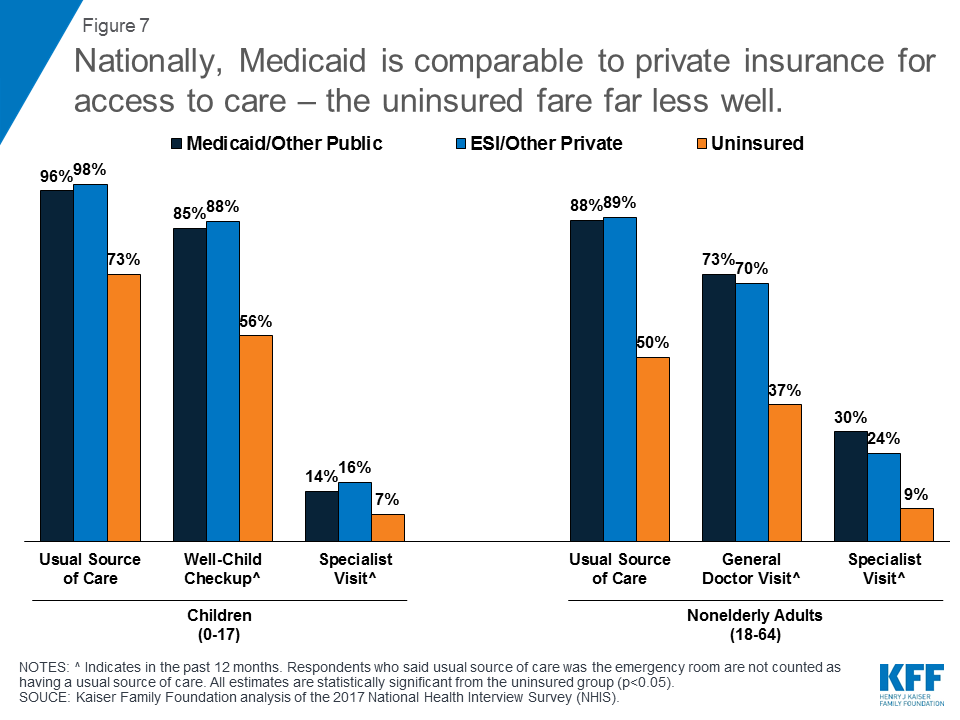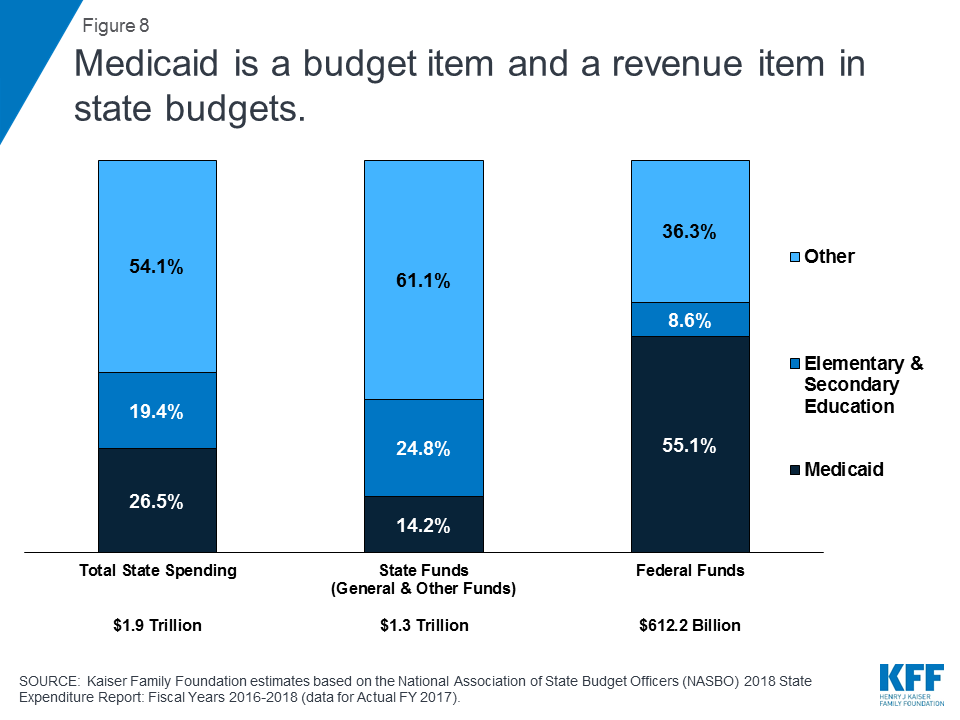Introduction:
When it comes to healthcare coverage, Medicaid plays a vital role in providing assistance to millions of Americans. However, navigating the complex landscape of Medicaid can be overwhelming without proper guidance. In this blog post, we aim to shed light on ten essential aspects of Medicaid, debunk common misconceptions, and help you understand the program better. Whether you're considering Medicaid for yourself or a loved one, here are ten key things you should know:
Medicaid is not the same as Medicare:
Many people often confuse Medicaid with Medicare. While both programs are government-funded, they cater to different groups. Medicaid is primarily for low-income individuals and families, while Medicare is designed for people aged 65 and older, as well as certain individuals with disabilities. Understanding the distinction between the two can help you determine which program is suitable for your specific needs.

Eligibility criteria vary by state:
Medicaid is administered by states, which means eligibility requirements and income limits can differ. Each state has the flexibility to establish its own rules within the federal guidelines. It's important to familiarize yourself with your state's specific guidelines to determine if you qualify for Medicaid coverage. Eligibility is generally based on income, household size, and certain eligibility categories such as children, pregnant women, parents, and individuals with disabilities.
Medicaid expansion under the Affordable Care Act:
The Affordable Care Act allowed states to expand their Medicaid programs, providing coverage to more low-income individuals. However, not all states have implemented this expansion, resulting in variations in Medicaid eligibility across the country. As of now, 39 states and the District of Columbia have expanded Medicaid. It's important to check whether your state has expanded its Medicaid program to understand the coverage options available to you.

Comprehensive coverage and benefits:
Medicaid offers comprehensive coverage that includes doctor visits, hospital stays, prescription drugs, preventive services, and more. Each state's Medicaid program must provide a core set of essential health benefits, including services like emergency care, maternity care, mental health services, and pediatric care. However, additional benefits beyond the core set may vary from state to state. Understanding the range of services covered by Medicaid can help you assess the level of healthcare support you can receive.
Application process and enrollment:
To apply for Medicaid, you'll need to submit an application to your state's Medicaid office. The enrollment process may differ by state, but you can often apply online, by mail, or in person. It's important to gather the necessary documentation, such as proof of income, residency, and citizenship, and follow the instructions provided by your state. Medicaid agencies have resources available to assist individuals with the application process, so don't hesitate to reach out for guidance if needed.

Medicaid Managed Care:
Many states have adopted Medicaid Managed Care, where Medicaid recipients receive their benefits through managed care organizations (MCOs). These MCOs work with networks of healthcare providers to deliver and coordinate care for Medicaid enrollees. Medicaid Managed Care aims to improve access to quality healthcare services while managing costs. Under this model, individuals may need to choose a primary care provider and receive referrals for specialty care. Understanding how Medicaid Managed Care operates in your state can help you navigate the healthcare system more efficiently.
Medicaid for long-term care:
Medicaid also covers long-term care services for eligible individuals, including nursing home care and home- and community-based services. Long-term care is an important aspect of Medicaid, particularly for seniors and individuals with disabilities who require ongoing assistance. Eligibility criteria for long-term care services may involve income and asset limits, as well as specific medical and functional requirements. Understanding the specific eligibility requirements for long-term care services is essential for those in need of these supports.

Medicaid and Children's Health Insurance Program (CHIP):
Medicaid and the Children's Health Insurance Program (CHIP) work together to provide health coverage to children from low-income families. While Medicaid primarily covers children in low-income households, CHIP extends coverage to children whose families have incomes too high to qualify for Medicaid but cannot afford private insurance. CHIP is a vital program that ensures children have access to necessary healthcare services, including check-ups, immunizations, prescriptions, dental and vision care, and more.
Medicaid expansion benefits:
States that have expanded Medicaid under the Affordable Care Act have seen several benefits. Increased access to healthcare services has resulted in improved health outcomes for low-income individuals and families. Expansion has also provided financial security, as Medicaid coverage helps protect against high medical costs. Additionally, preventive care measures have been strengthened, leading to earlier detection and treatment of health conditions, reducing the burden on individuals and the healthcare system.
Medicaid fraud and abuse prevention:
To ensure the sustainability and integrity of the program, efforts to prevent fraud, waste, and abuse within Medicaid are essential. Medicaid agencies and federal authorities have implemented various measures to detect and deter fraudulent activities, such as audits, investigations, and collaborations with law enforcement. As beneficiaries, being aware of potential fraud and abuse and reporting any suspicious activities can help protect the program's resources and ensure Medicaid remains available for those who truly need it.
Conclusion:
Medicaid is a vital healthcare program that provides essential coverage to individuals and families in need. By understanding these ten key aspects of Medicaid, you can navigate the program more effectively, make informed decisions about your healthcare coverage, and access the benefits and services that you or your loved ones require. Remember to stay updated with your state's Medicaid guidelines and seek assistance from Medicaid offices or advocacy organizations for further guidance. Empowered with knowledge, you can make the most of Medicaid and ensure your healthcare needs are met with quality and compassion.
.png)